Black Natural Law
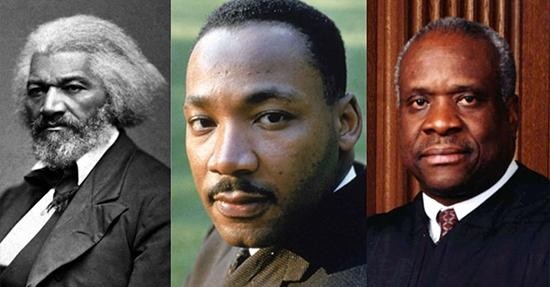
Vincent Lloyd
Villanova University
Date: September 14, 2016
Abstract
African American political leaders, from Frederick Douglass to Martin Luther King, Jr., have invoked natural law. While such invocations are often dismissed as rhetorical flourish, Vincent Lloyd argues that there is a distinctive Black natural law tradition. He explores its essential features and asks whether this tradition continues through to the jurisprudence of Clarence Thomas. Lloyd suggests that the Black natural law tradition may offer novel solutions to challenges faced in current debates about natural law theory concerning the role of reason, the role of God, and the role of public discourse in accounts of natural law.
Speaker Bios
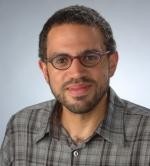
Vincent Lloyd is an associate professor of theology and religious studies at Villanova University. He is the author of Law and Transcendence (2009), The Problem with Grace (2011), Black Natural Law (2016), and he co-edits the journal Political Theology. Lloyd’s current research, funded by the American Council of Learned Societies, explores religion, justice, and mass incarceration.
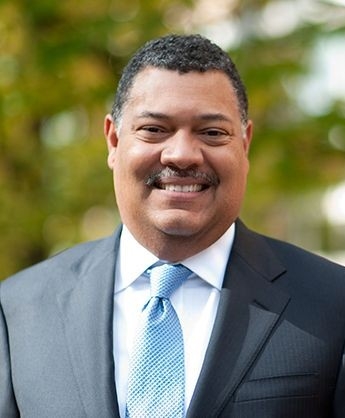
Vincent D. Rougeau has been dean of the Boston College Law School since 2011. He previously served as a professor at Notre Dame Law School, where he also served as Associate Dean for Academic Affairs. He received his A.B. magna cum laude from Brown University and his J.D. from Harvard Law School, where he served as articles editor of the Harvard Human Rights Journal.
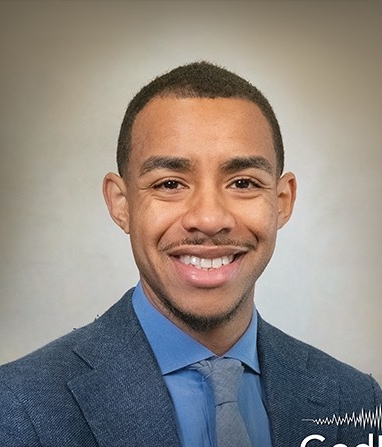
Craig Ford is a fourth year doctoral candidate in theological ethics at Boston College. He writes at the intersection of the Catholic moral tradition and queer theory, and his dissertation explores the foundations for a natural law theory that is responsive to interventions made by queer thinkers. Before coming to BC, Craig completed his BA in Philosophy and Theology at the University of Notre Dame, and he earned his Master of Arts in Religion from Yale Divinity School, concentrating in Theological Ethics.
Event Photos
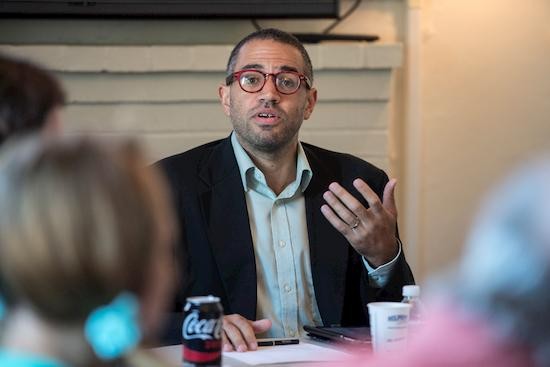
Associate professor of theology and religious studies at Villanova University, Vincent Lloyd, spoke about black natural law tradition at a Boisi Center luncheon on September 14, 2016. Dean of Boston College Law School, Vincent Rougeau (right), and fourth-year doctoral candidate in theological ethics at Boston College, Craig Ford (left), responded to Professor Lloyd's presentation.
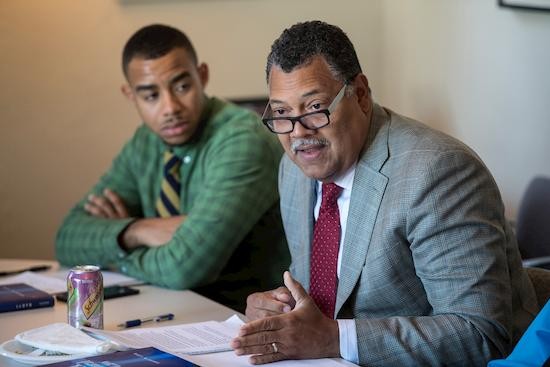
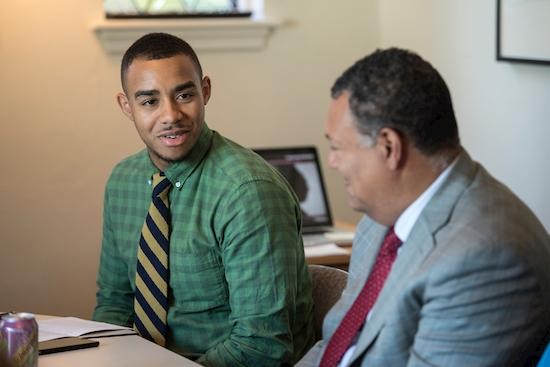
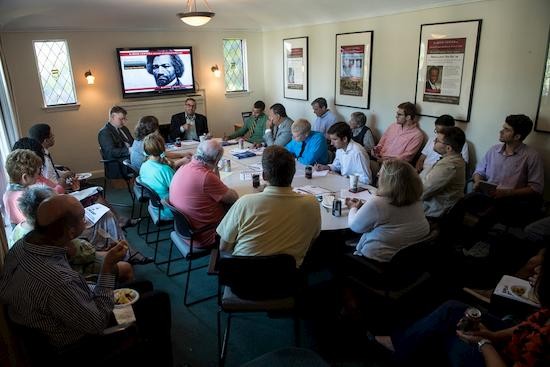
Photos by MTS Photography
Event Recap
Vincent Lloyd, professor of theology and religious studies at Villanova University, spoke at the Boisi Center on September 14. In his recent book, Black Natural Law, Lloyd explored the rise of the black natural law tradition through the exemplars of Frederick Douglass, Anna Julia Hooper, W. E. B. Du Bois and Martin Luther King, Jr. Vincent Rougeau (Dean, BC Law) and Craig Ford Jr. (Theology, PhD Candidate) provided responses to Lloyd’s presentation.
Lloyd places an epistemic privilege on the black experience, since black people in the U.S. have been and continue to be marginalized. For Lloyd, the theological conception of imago dei links together the human condition and an ineffable God. If language cannot sufficiently explain the nature of the divine, neither can it fully relate human nature. Reason, emotion, and imagination are crucial to this project: by emphasizing experiences, the natural law tradition bridges this epistemic gap. Using his exemplars, Lloyd argued that the black experience uniquely expresses the fullness of human nature, and thus natural law. After flourishing for a century, the black natural law tradition lost its religious sophistication in the rhetoric and ideology of black thinkers, most notably U.S. Supreme Court Justice Clarence Thomas and President Barack Obama.
Citing two examples, Rougeau explored how the black natural law tradition may hold appeal for Black Lives Matter activists, as well as supporters of Donald Trump’s presidential campaign. Their feelings of injustice, pain, and suffering are real, even if outsiders do not always see this as a fully rational response. Both see systemic forces working against them, one racially and one economically. Looking to the future, Rougeau drew out the implications of Lloyd’s work for an international setting and the parallels between the black experience of segregation and the experience of migrants and refugees in the twenty-first century.
Ford appreciated Lloyd’s focus on finding meaning in the experiences of marginalized peoples. Black natural law represents a blending of theology, race, and queer identities. Ford raised some “curiosities” with Lloyd’s narrative of decline, suggesting that Douglass, Cooper, and Du Bois all represent a transcendentalist conception of human nature and distrust of institutions, while King’s overtly Christian roots make him the outsider, not Justice Thomas or President Obama.
Read More
Books
Kahn, Jonathon S., and Lloyd, Vincent W. Race and Secularism in America (Religion, Culture and Public Life). New York: Columbia University Press, 2016.
Lloyd, Vincent W. Black Natural Law. Oxford: Oxford University Press, 2016.
Lloyd, Vincent W. Race and Political Theology. Palo Alto: Stanford University Press, 2012.
Lloyd, Vincent W. The Problem with Grace: Reconfigured Political Theology. Palo Alto: Stanford University Press, 2011.
Rougeau, Vincent D. Christians in the American Empire: Faith and Citizenship in the New World Order. Oxford: Oxford University Press, 2008.
In the News
Harvard Law School recently committed to removing the crest of a slave-owning donor from the seal of the college.

